Monday, October 19th, 2015...4:58 pm
Finding the Resources to Overcome Challenges in Grad School
“We’re all of us just stories in the end,” – Thomas King.
By Kat Clark, Gradlife Ambassador
If you read my post a few weeks ago on the Great Canadian Shoreline Cleanup, you’ll know that I talked a little bit about the importance of stories, and how each of us are living a complex pattern of tales that are each vital to the fabric of our society.
Sometimes though, when we’re presented with obstacles that we think we cannot overcome, or we are faced with struggles for which we can’t find help, we lose the vitality of our stories. I was reminded of this at the Gradminds speaker series I attended last Wednesday; there, some very brave people found the voice to share their stories, and the struggles inherent in them.
I was reminded too not just of the importance of having stories – with the good, bad, the ugly, and everything in between – but of having a place in which those stories can be heard. Often times, as graduate students, we are so consumed by the upward movement of our academic careers that we internalize our struggles, and our pain, and our challenges. We internalize our stories, and we silence our voices because we have been led to believe that to do otherwise would somehow lessen our chances of moving up that academic ladder. We have been led to believe that asking for help would somehow make us seem weak, or incompetent, or like we don’t really belong in our programs, like we don’t really deserve to be where our classmates are.
Here’s the thing though: if we are all internalizing our struggles, and we are all limiting what we show to the world, then we are all not telling our full stories. We are hiding what we feel is the worst of ourselves, and presenting only what we feel is the best of ourselves. I want you to know though, that the next person over that you’re comparing yourself to, the advisor that seems traditional or strict, the counsellor you’re not sure will understand you, the administrator you’re sure won’t: all of these people are leaving bits of their own stories untold. All of these people have been faced with challenges they didn’t think they could overcome; all of these people have had days they’ve compared to others, and felt that their own stories were lacking. In order to succeed though (and I don’t define success as that climb up the ladder), you can’t compare your worst day to somebody’s best.
The only thing we can do is have the courage to ask for help, and not let the stories we share be limited by stigma. The Gradminds event also touched on the limitations of healthcare and wellness services that exist at U of T, and while I agree that there is work to be done and improvements to be made, we can’t forget that these services are comprised of people just like us. Staff, students, administration included: we all have flawed stories, and that’s a common ground we can stand on. Even if our stories are individual, the difficulties we face while confronting our struggles is universal. If our system needs improvement, then maybe we can start by sharing our stories, our whole stories, to build understanding. I read somewhere that only with real understanding can we create respect; perhaps though, that understanding can also create a dialogue of trust that can open the doors to the improvements we need at every level in our society to help people struggling with their own stories.
Perhaps if we can share our stories more, we can begin to see ourselves in others, and be more willing to lend a listening ear and a helping hand.
I’m aware though, that this change isn’t something that happens in a day, and that it takes time to break down barriers and reduce stigma. So, until that time when we are no longer taught to internalize but to speak freely, here are some resources that can help you when you’re down, and help you turn those flawed stories into beautiful narratives made stronger by the falls.

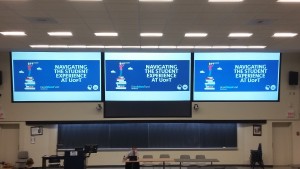
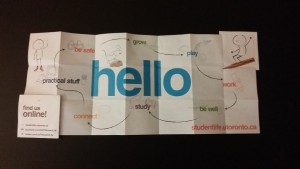
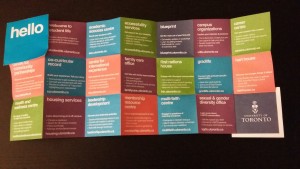
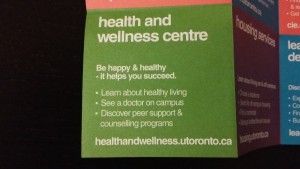
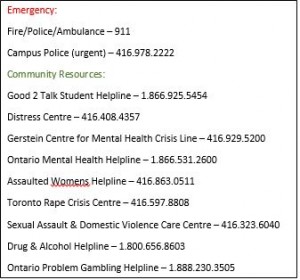
Leave a Reply